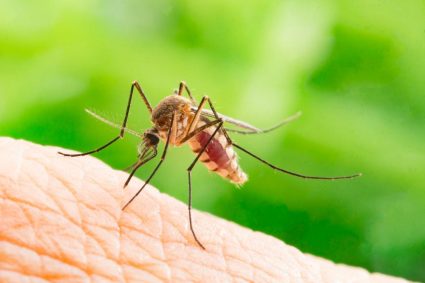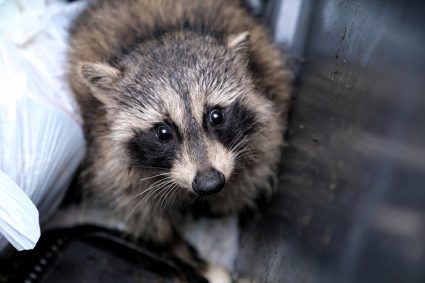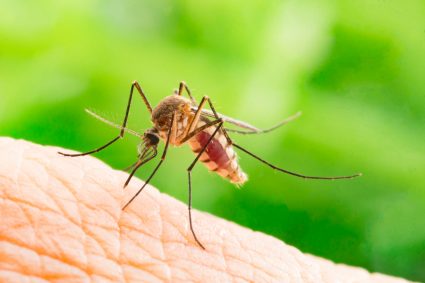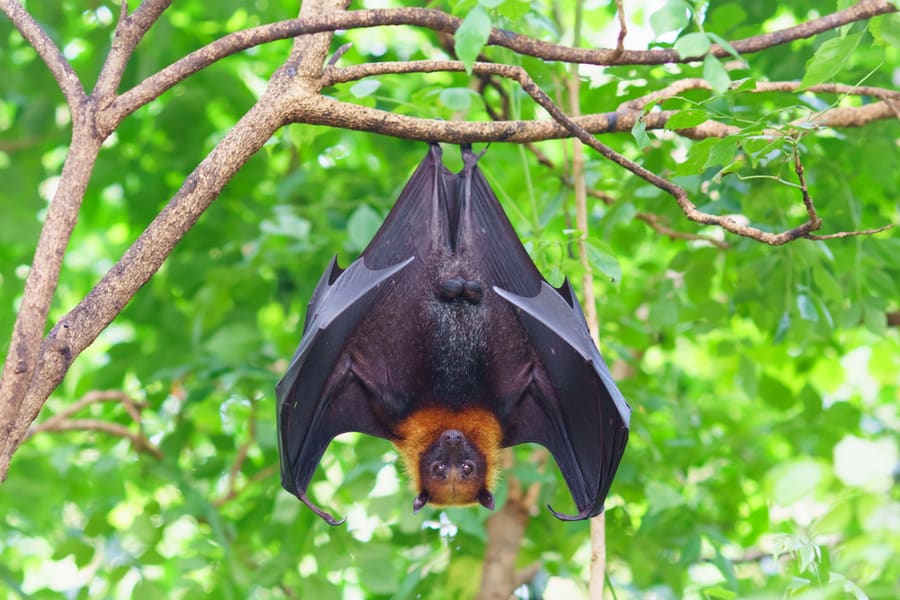
Bats are not creatures you want to share your house with. Naturally, they have a strong sense of smell, which they use to locate young ones and find food sources. You can take advantage of this to repel them by using smells that they hate.
Below, we consider a few of these smells; here we go!
The most reliable way to evict bats from your home is to locate their hiding spot and get a professional to take them out.
But if that is not readily available, you can use smells from the following items to drive them away:
- Peppermint, mothballs, menthol
- Cloves, rosemary, thyme,
- Cedarwood, phenol, cinnamon sticks or oil, etc.
In the next set of headings, we will walk you through smells from readily available materials that will keep bats away from your home and also provide answers to other common questions about bat infestation.
What Smells Will Keep Bat Away?
Bats have a strong sense of smell. While they are comfortable with some smells, they find some repelling. You can take advantage of this to scare them away.
Below are ten scents that annoy bats and will help keep them away from your environment:
1. Peppermint/Mint Oil
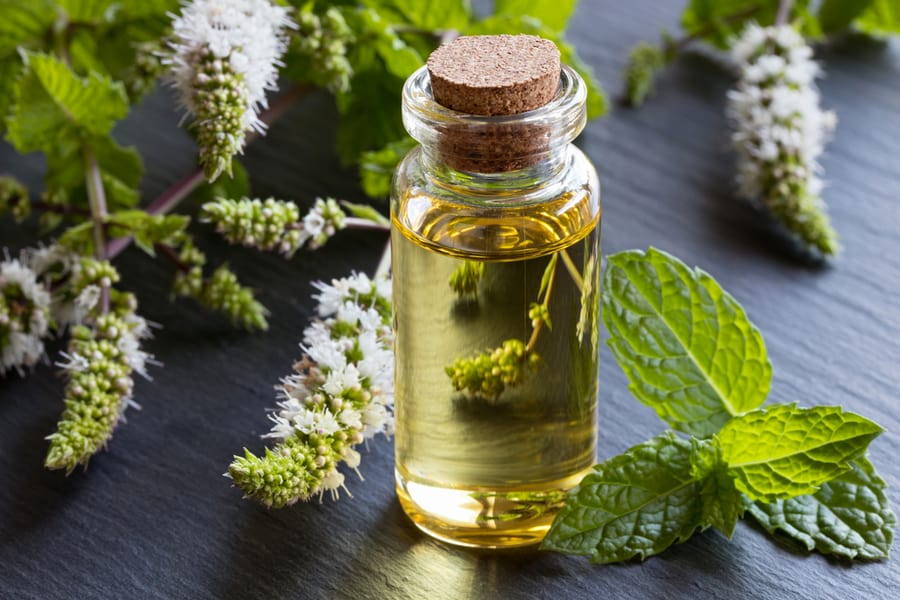
Bats, like many other pests, hate the smell of mint, especially peppermint. So, peppermint, spearmint, and other mint-based oils are effective in driving bats away.
The good thing about this technique is that the smell doesn’t harm the bats in the process. All it does is scare them away.
To use peppermint to ward off bats, mix peppermint oil with water to create a diluted spray that is easily applicable and will sufficiently cover the entire area you are applying it on.
Alternatively, you can grind mint leaves and mix the powder with water. Then, place them in the areas where you spotted bats.
For better results, apply the mint spray in areas where bats tend to hang out. These include entryways like doors, areas near windows, and chimneys.
If you are dealing with large colonies, dip cotton balls in mint extract. Then, place them in a bowl outside your house. This way, the mint smell is stronger and more effective in keeping bats away.
2. Mothballs
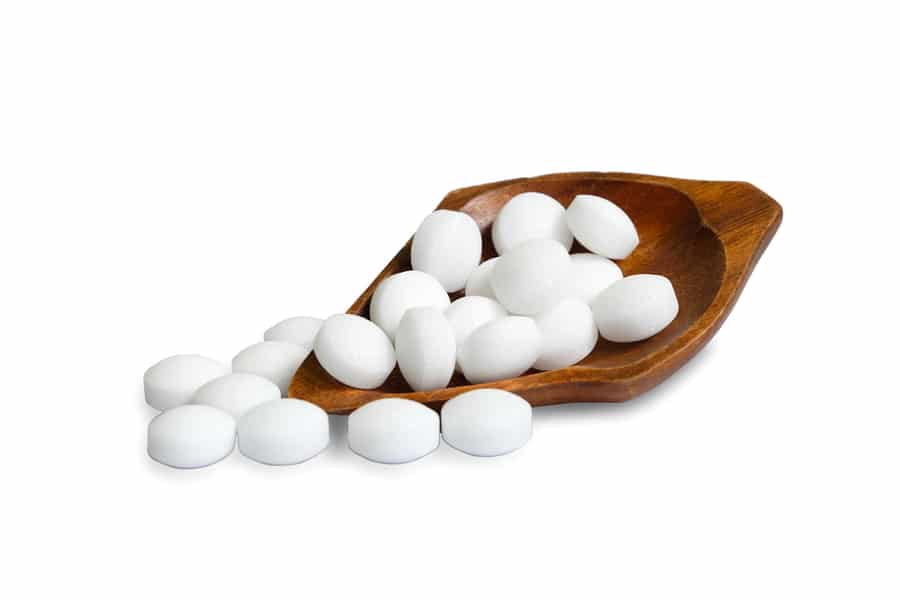
Many people use mothballs in their homes as pest repellants. This is because mothballs contain naphthalene, an organic compound that repels even the most elusive bat.
Naphthalene is unpleasant for bats, and it causes them dizziness, nausea, and vomiting. However, it is not deadly unless used in large quantities.
Using mothballs as a bat control strategy is quite demanding. The smell only lasts for a while – so you will have to replace the mothballs often to repel bats effectively. To do an effective job, you need many mothballs.
However, the smell can spread to other parts of the house and cause discomfort to the indwellers.
Although naphthalene is allowed for indoor use, it can be toxic for children and pets. Also, prolonged exposure to the odor can lead to health complications.
Suppose you are allergic to the smell of mothballs or you have an underlying respiratory condition. In that case, you may want to leave this method and try out other options, as prolonged exposure to the odor can lead to respiratory health complications.
3. Menthol
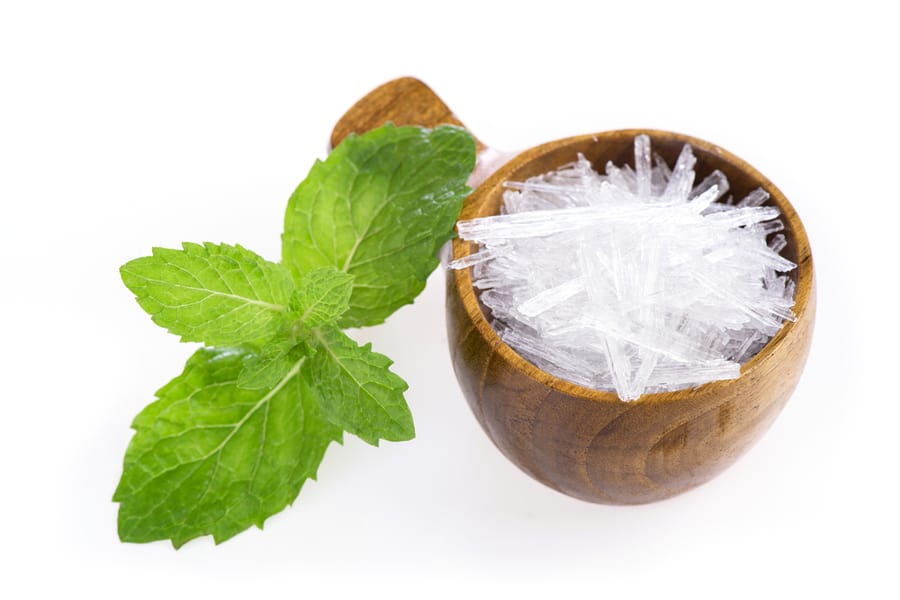
Like mothballs, menthol has a strong smell that bats dislike. However, the fact that bats dislike menthol does not mean you should break up menthol cigarettes and spray tobacco all over your home. As you probably know, this can harm your pets and children.
All you need to do is buy a menthol extract and scoop a tablespoonful into a water bowl. Afterward, place the bowl outside your house in an area where bats are active, and replenish it when necessary.
This way, you create a fresh-smelling, non-toxic bat repellent.
4. Cloves
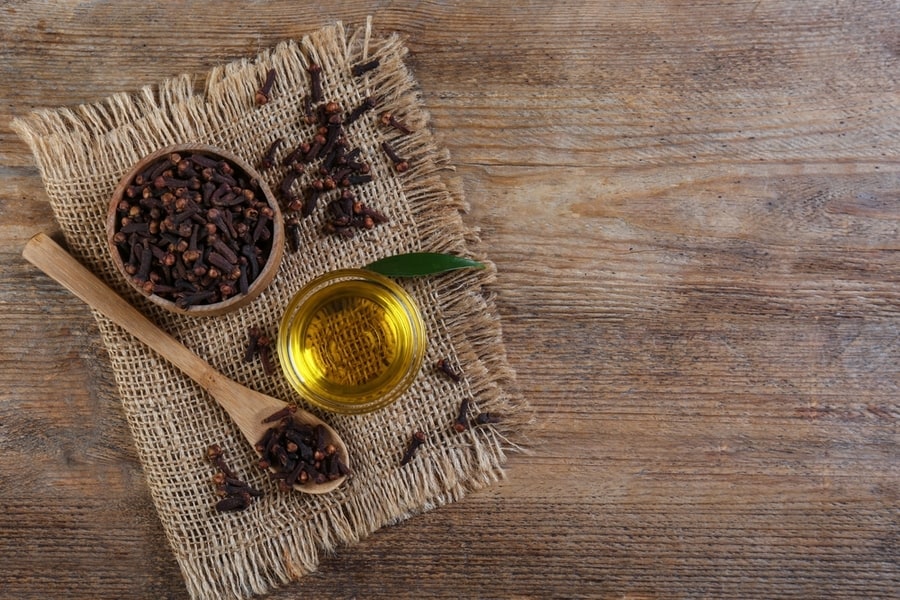
Clove is an aromatic spice with a strong scent that annoys bats without harming them. Both raw cloves and the oil extract will work as a bat deterrent when applied correctly.
• You can crush some cloves in a spice shaker and let the aroma into the environment where bats are active.
• Another way to use cloves to frighten bats away is to sprinkle some pieces near vents and other openings.
• You can also create a clove oil spray by mixing the oil with water and dish soap. This allows you to spread the scent in areas where you cannot drop actual cloves.
5. Rosemary
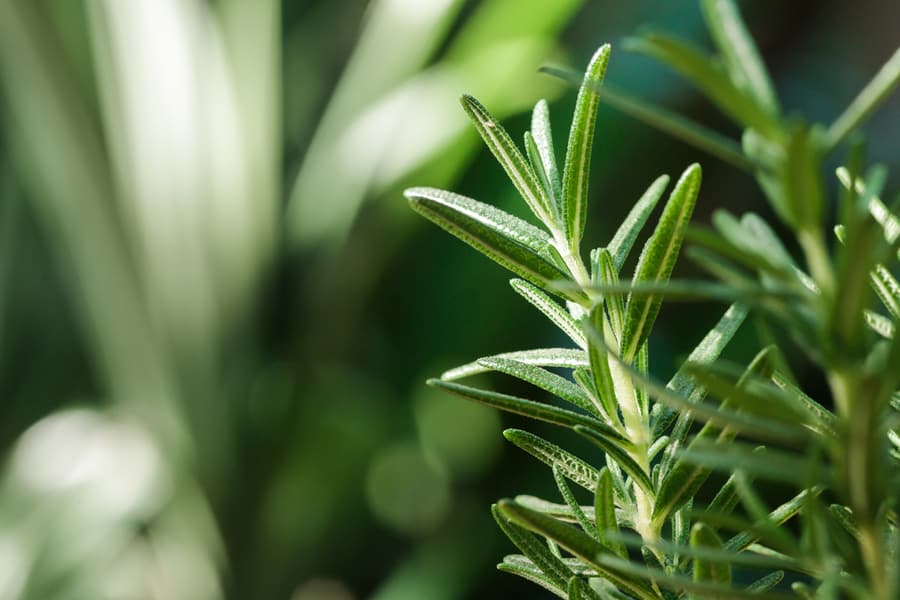
Bats hate the scent of rosemary because it is overwhelming and can throw off their senses. To take advantage of the bat-repelling smell of this plant, you can plant a small rosemary bush in your garden to keep bats out of your backyard.
In addition, you can as well sprinkle some around your house, including entryways and other areas of concern. You can also mix some rosemary oil with water and liquid dish soap and spray the mixture around your house.
6. Thyme
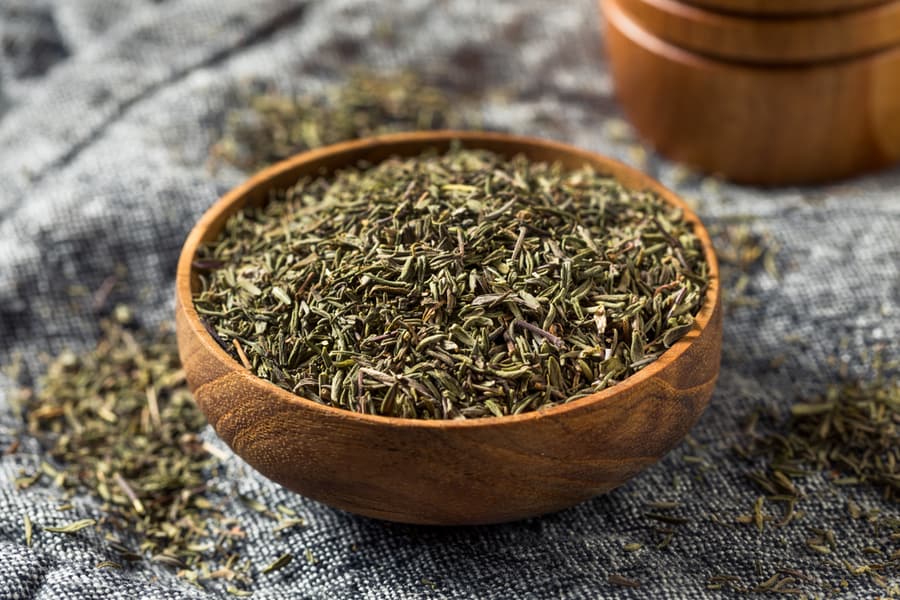
Thyme is another homegrown plant with a scent that confuses bats. Beyond keeping it in your kitchen cabinet as a cooking ingredient, you can also add it to your arsenal for driving bats away from your home.
If your house is bat-infested, and you haven’t planted thyme in your garden, now is a good time to start.
You can also plant fresh thyme in small window boxes or pots and then at entry points. Besides planting, you can mix thyme, essential oil, water, and liquid soap and spray in the area where you noticed bat activities.
7. Phenol
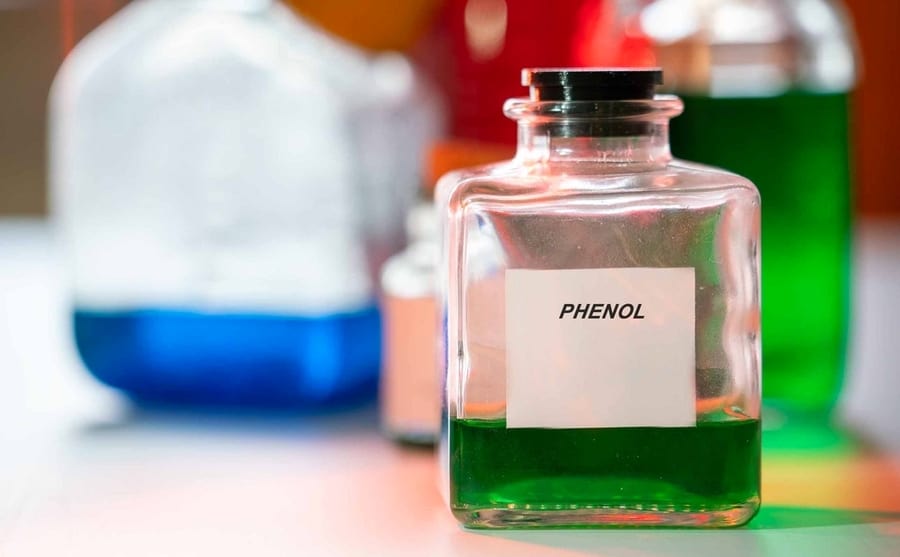
Phenol is a chemical used to disinfect medical equipment and supplies. While it has a sweet smell to the human nose, the smell is unbearable for bats.
The reason is that bats have a stronger sense of smell and are typically more sensitive to odors. So, using phenol against bats is an effective way to drive them away.
Phenol comes in crystal form and sprays. While both are effective in warding off bats, the spray type is easier to apply and also allows you to apply phenol on vertical surfaces.
The only downside of using a phenol spray can is that the phenol smell may not last as the spray is a vapor that evaporates. So, the crystals last better. Also, they are perfect on horizontal surfaces and roosting areas.
With this chemical, you have to reapply often, and it may take several days for it to drive bats out. If you consider the frequent reapplying too demanding, keep reading to learn other effective alternatives.
Phenol permeates the skin. So, you must take precautions when handling it. Before handling phenol, ensure you wear protective gloves, a nose cover, and a long sleeve shirt. This would help to prevent inhalation and direct contact with your skin.
8. Cinnamon Sticks or Oil
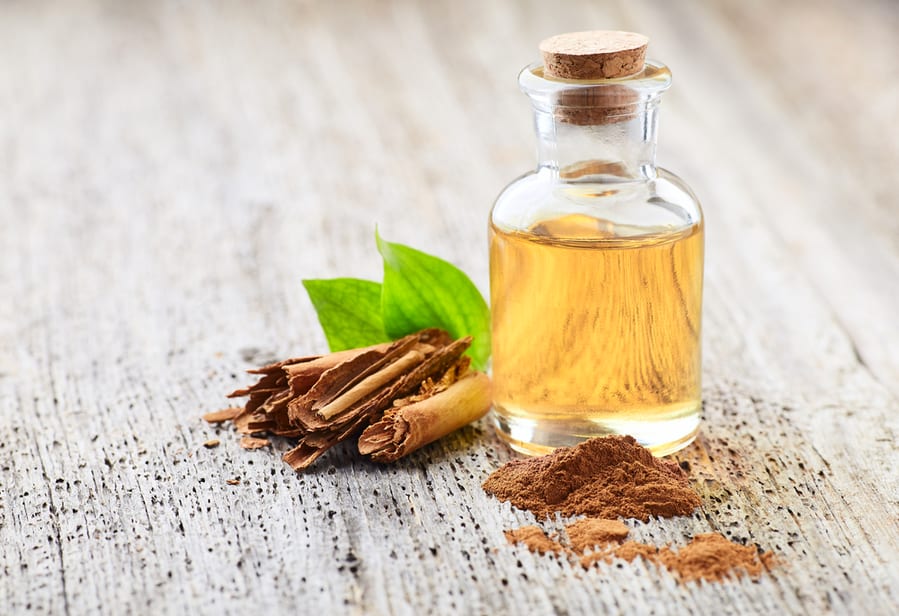
Cinnamon is another scent-based that can drive bats away. It has a strong aroma that is unpleasant and irritating to these annoying creatures.
You can place cinnamon sticks in a jar to pass it off as some unconventional home decoration. This way, your house looks great, and bats stay miles away from your building.
Alternatively, you can toss the cinnamon sticks around entryways and the perimeter of your house. You can also place them near open vents for better results.
But, whatever you do, do not use powdered cinnamon, as a storm or heavy wind can easily blow it away.
If you have cinnamon oil, add some drops to a mix of liquid dish soap and water to create an effective bat-repellent spray. Then, diffuse the spray on the parts of your house where you do not want bats to settle.
9. Cedarwood
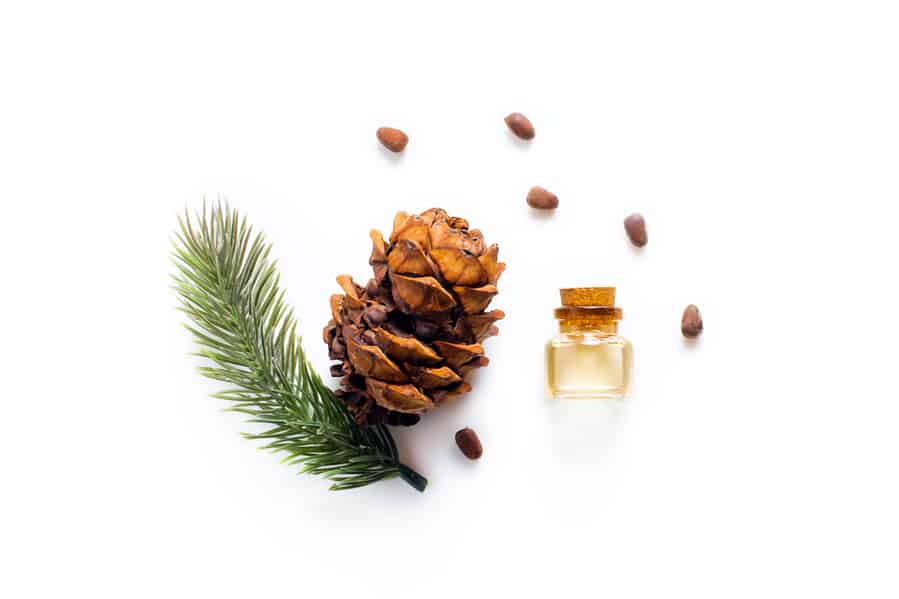
Cedarwood is typically used to keep drawers and closets smelling nice. However, its strong scent is enough to turn a bat away from your house or yard.
The power of cedar to combat unwanted pests lies in its unique earthly smell. Cedarwood emits aromatic hydrocarbons and acids that double as natural pesticides.
Generally, when most animals are exposed to it, they absorb the toxic phenols through their respiratory tract. This enters their blood system and damages their liver, lungs, and trachea.
You can use cedarwood as an essential oil spray, mixing it with water and dishwashing soap. Alternatively, you can turn it into a mist that protects the air from bats.
Since cedarwood is also durable, you can use it to make a fence or a decorative bat house. Most bats thrive on an insect diet, and cedarwood drives insects away. So, this, of surety, will help keep bats at distances away from your house.
10. Eucalyptus
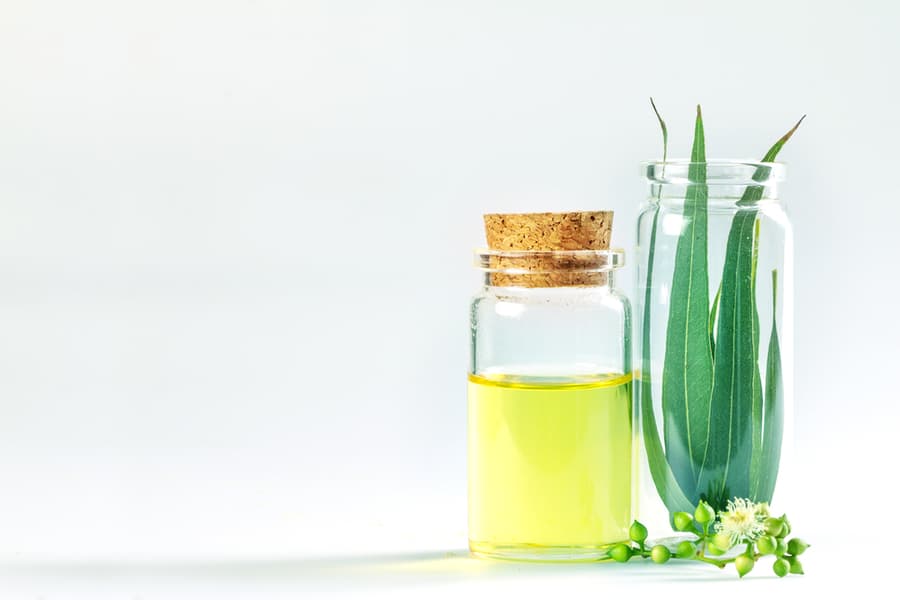
Most people know eucalyptus as a scent commonly used in baths and showers because of its relaxing properties. However, it also works as an insect repellant and is even more effective on bats.
So, on the one hand, you can use eucalyptus to calm yourself from life stresses that you can not control. On the other hand, you can use it to deter bats away from your house.
Spread eucalyptus gel or oil in the parts of your property where bats roost. This should drive them away in no time.
Summary
Although bats are beneficial to the ecosystem, helping to keep off mosquitoes, they can get too close and cause discomfort for you in your home. Repelling them can be hard work, often requiring long-term measures.
That is why we compiled some easy, humane methods to keep them out, using the smells they dislike. These smells include peppermint/mint oil, mothballs, menthol, cloves, rosemary, thyme, phenol, cinnamon, cedarwood, and eucalyptus.
While these methods are not foolproof bat-proofing methods, the most reliable way to keep bats away is to identify their hideout and get a professional to do the job.
Frequently Asked Questions
Are Bats Drawn to Light?
Bats have an accurate vision that allows them to see better than most humans. However, they can be sensitive to light, especially at night while they hunt.
Bats, like other nocturnal animals, tend to avoid artificial and natural light sources. But, some bat species are drawn to artificial lights because of the insects that hover around them.
So, although they can’t stand lights, some bats will brave themselves up to hunt their food.
Do Bats Return to the Same Place?
The simple answer is yes! Bats tend to return to the same place. That said, bats are also one kind of seasonal animal. They leave their roost during winter to hibernate in caves.
But for the rest of the year, they return to the areas where they have taken residence. While some do not leave at all, the ones that do, come back.
If bats roost in your home because it is conducive for them, they will keep coming back. You can only prevent this by bat-proofing your house so they don’t get back inside when they return.
What Are the Signs of Indoor Bat Infestations?
Most times, the clearest sign of an indoor bat infestation is seeing them entering or leaving your house. Other than that is:
- They typically enter at dawn and leave at dusk to hunt. Bats often move in colonies, so they are not hard to miss.
- Another sign of bat presence in your house is a strong ammonia smell. Any odd smell or stains around your vents and shutters are signals of bat presence.
- You may hear strange noises like high-pitched squeaks around sunrise or sunset. This may signify that bats are nesting somewhere in your building.




